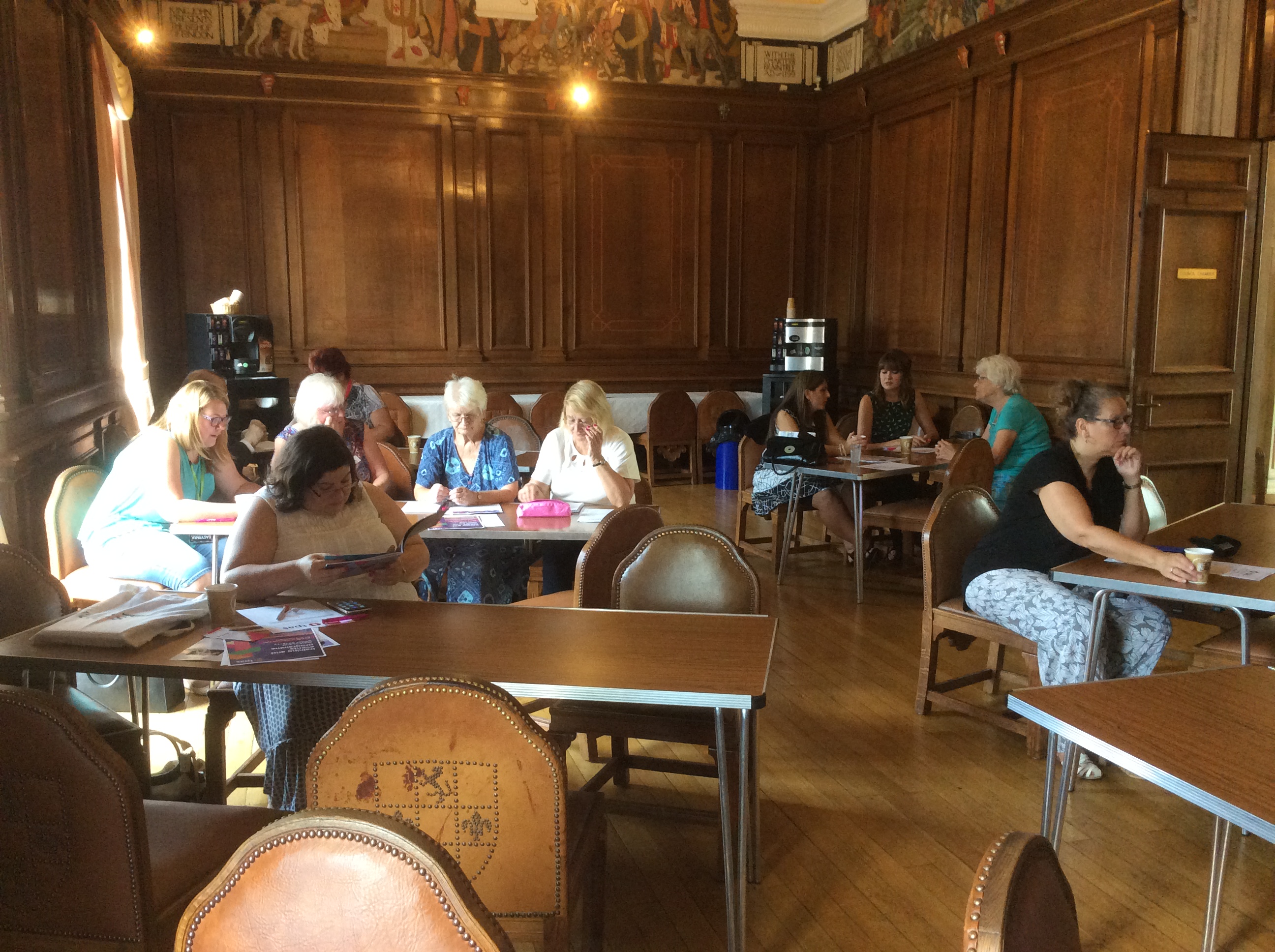What happened at our Eastern regional forum
Tuesday 27th of September 2016

Our regional forum took place in Braintree on 14th September, It was a great event with 28 attendees, including a mix of officers, contractors and tenants from across 17 different organisations in the Eastern region.
Login to access the event report and presentations.
Getting involved
We are always looking for speakers and venues for our regional meetings. If you would like to host a meeting or share the good work that you are doing in your area then please get in touch.
Contact Lisa Holt on 0161 868 3500 or email lisa.holt@tpas.org.uk